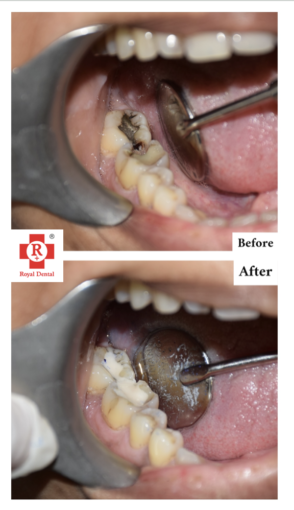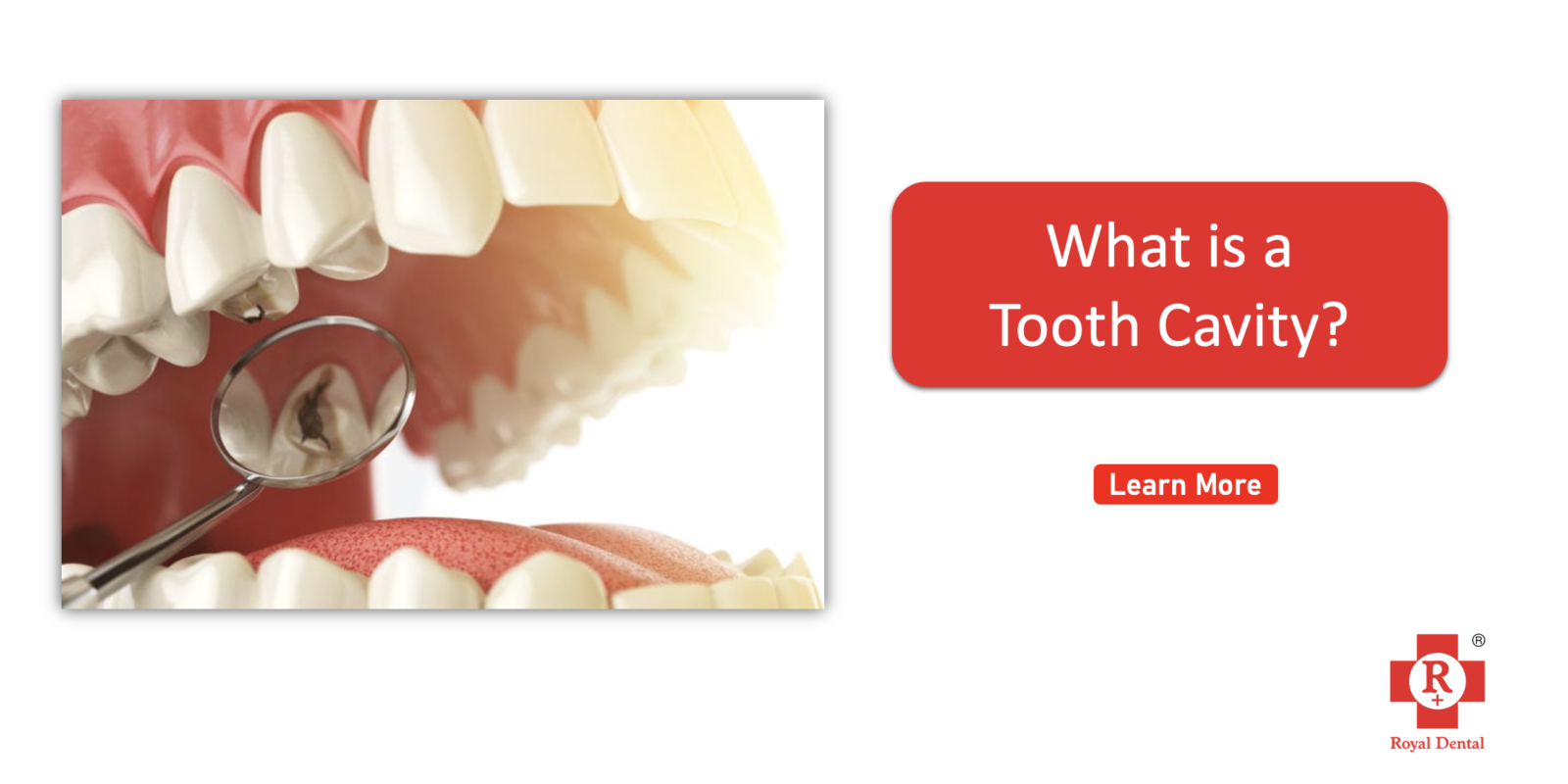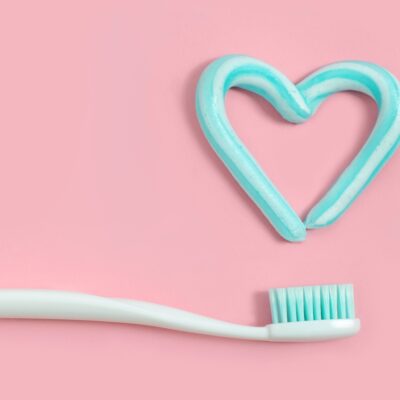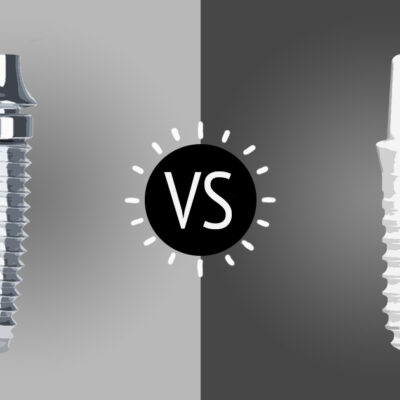Dental cavities, or tooth decay, is one of the most common dental diseases. It occurs when harmful bacteria in your mouth feed on sugars and carbohydrates in your teeth. The process produces an acidic environment that damages the enamel on your teeth and allows bacteria to penetrate further into the dentin layer below. If not treated promptly, this can lead to a secondary infection known as pulpitis (also known as denticulitis) which usually results in a painful cracked tooth with an increased risk of toothache and jaw infection. In this article you will learn more about dental cavities, their causes, and how to prevent them.
What causes dental cavities?
Cavities are caused by bacteria that live in your mouth breaking down the sugars and carbohydrates found in food and drinks, causing acids that eat away at the teeth. Generally only cause problems in people with low immunity or if their oral hygiene is poor. Tooth decay is an inflammatory disease that destroys the enamel and dentin layers of the teeth. It starts with demineralization, when the pH of the saliva is lowered by food and bacteria in the mouth.

When the pH is low enough, it attacks the enamel and makes it porous, which creates the perfect environment for bacteria to form. Bacteria feed on sugars and carbohydrates in your teeth, creating an acidic environment that damages the enamel on your teeth and allows bacteria to penetrate further into the dentin layer below. If not treated promptly, this can lead to a secondary infection known as pulpitis (also known as denticulitis) which usually results in a painful cracked tooth with an increased risk of toothache and jaw infection.
How to prevent dental cavities?
Brush and floss your teeth regularly – Brushing your teeth at least twice a day, and flossing once daily, can significantly reduce your risk of developing oral health problems, including dental cavities. Eat a healthy diet – Avoiding sugary, starchy and acidic foods like candy, soda, and cookies will help reduce the amount of bacterial growth in your mouth. If you have to eat sugary foods, try to do so after meals so the sugar comes in contact with teeth less.
Using sugar-free alternatives like stevia, erythritol, or xylitol also reduces the risk.
Choose your drink wisely – Avoid drinking beverages that contain a lot of sugar, as they can increase the risk of cavities.
Controlling your sugar intake not only helps prevent tooth decay, but reduce the risk of heart disease.
Use fluoride dental products – Fluoride helps prevent cavities by strengthening tooth enamel and reducing bacterial growth in the mouth. It is most effective when young age, use toothpaste that contains fluoride children from young age.
What are the symptoms of dental cavities?
The early stages of dental cavities are often painless. The bacteria will cause a cavity to develop, which will first be noticeable as a small hole. This hole will grow wider and deeper over time, until it becomes a full-blown dental cavity. The signs of a dental cavity include:
This may come and go and be mistaken for the pain caused by allergic reaction, the onset of cold. If it persists, a dental cavity should be suspected. This is usually sign that the decay has become advanced enough to cause the tooth to discolor. In some cases, the texture of the tooth may become softer than normal. This is a sign that the tooth may be infected, and that a dental filling may be required.


Dental sealants: An effective ways to stop Cavities
Dental sealants are a preventive treatment for dental cavities commonly used in the pediatric population. These thin plastic coatings are applied to the chewing surfaces of the teeth to prevent the buildup of plaque and subsequent formation of cavities. Dentist at Royal Dental Clinics, Kandivali Mumbai, advises,
“Sealants are one of the most effective ways to stop cavities, particularly on the chewing surfaces of the back teeth where most cavities occur.”
Dentists recommend brushing and flossing daily While daily brushing and flossing are good strategies for preventing the buildup of plaque and subsequent formation of cavities, they may not be enough in some cases. If a child has special nutritional needs, braces, or other special considerations, a more intensive dental hygiene.
Conclusion
Dental cavities are extremely common disease caused by bacteria in mouth that break down the sugars in food and drinks. If left untreated, they can cause a cavity to develop, which can lead to a painful infection of the pulp. The best way to prevent dental cavities is to brush your teeth twice a day and floss once daily. You can also avoid eating sugary, starchy, and acidic foods. Using fluoride dental products and dental sealants can also help prevent cavities. It is important to have your teeth inspected by a dentist every six months.






